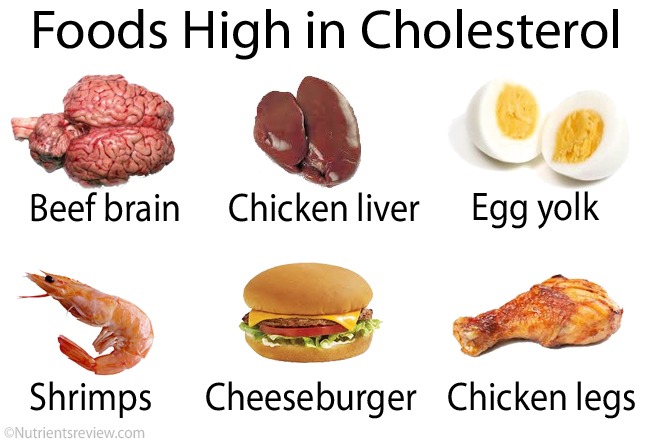What Foods Cause High Cholesterol?

In today's fast-paced world, health concerns are ever-present. One issue that has garnered significant attention is cholesterol levels. While genetics play a role, our dietary choices can significantly impact cholesterol levels. Understanding which foods contribute to high cholesterol can empower us to make healthier choices. Let's delve into some of these foods:
1. Saturated and Trans Fats
These fats are commonly found in processed foods, fried foods, and baked goods. Consuming high levels of saturated and trans fats can raise LDL (bad) cholesterol levels, increasing the risk of heart disease.
2. Red Meat and Processed Meats
Regular consumption of red meat and processed meats like bacon, sausage, and hot dogs has been linked to higher cholesterol levels. Opting for leaner cuts of meat and reducing processed meat intake can help manage cholesterol levels.
3. Full-Fat Dairy Products
While dairy is a valuable source of nutrients, full-fat dairy products like cheese, butter, and cream contain saturated fats that can elevate cholesterol levels. Choosing low-fat or skim options can be a healthier alternative.
4. Fast Food and Junk Food
Fast food and junk food items are often high in unhealthy fats, sodium, and calories. Regularly indulging in these foods can contribute to weight gain and elevated cholesterol levels.
5. Baked Goods and Snacks
Many commercially produced baked goods and snacks contain trans fats, which can raise LDL cholesterol levels. Opt for homemade or healthier alternatives like fruits, nuts, or whole-grain snacks.
Conclusion
While these foods may be enjoyable, moderation is key. Incorporating a balanced diet rich in fruits, vegetables, whole grains, and lean proteins can help maintain healthy cholesterol levels. Making mindful choices and being aware of the impact of certain foods on cholesterol can contribute to overall well-being.




